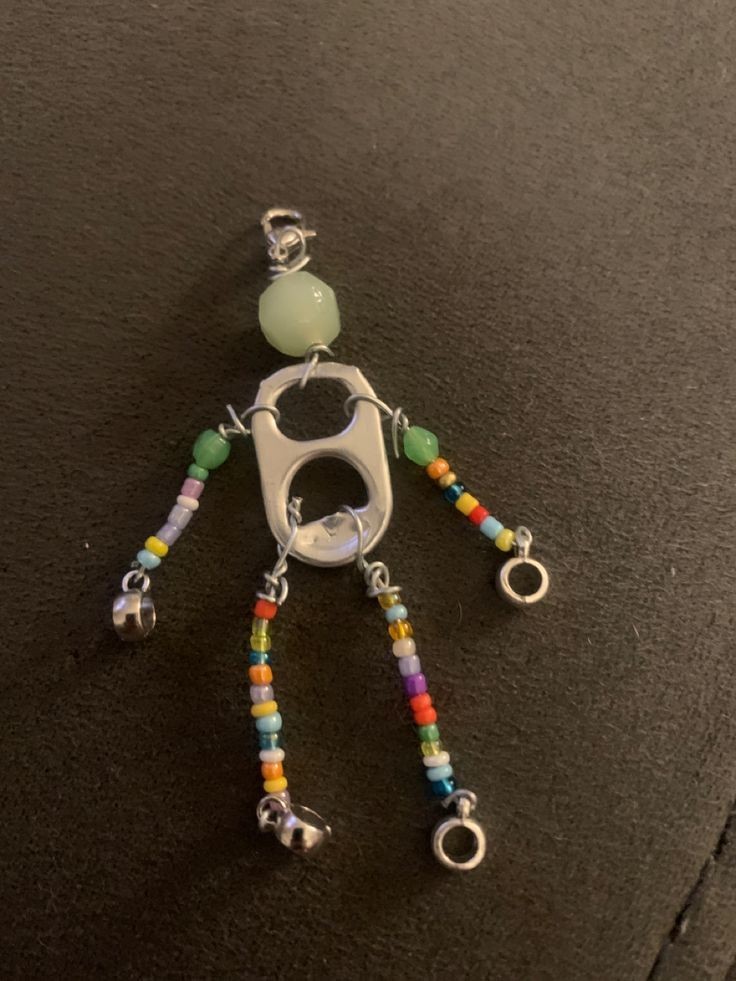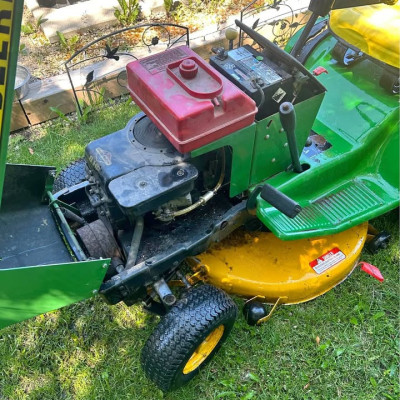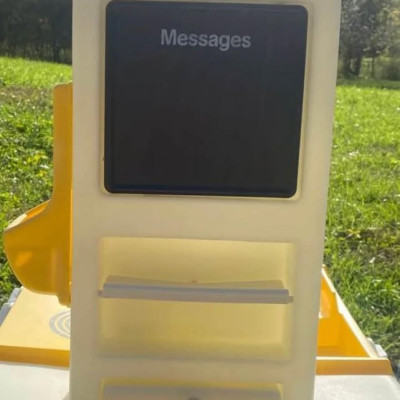Unleashing Creativity: How to Tap Into Your Inner Genius
Creativity is more than just a trait reserved for artists or innovators—it's a vital part of human expression and problem-solving. Whether you're an entrepreneur seeking new ideas, a professional looking to enhance your work, or simply someone wanting to add more joy to life, harnessing creativity can transform your everyday experiences. Here's a comprehensive guide on what creativity is, why it’s essential, and how you can cultivate it in your own life.
What is Creativity?
Creativity involves the ability to generate new ideas, perspectives, or solutions that are both novel and valuable. It’s not just about artistic endeavors but also about thinking outside the box in any field—be it science, business, or personal life. Creativity requires a blend of imagination, curiosity, and the willingness to take risks.
The Importance of Creativity
Problem-Solving: Creative thinking helps in devising innovative solutions to complex problems. It encourages out-of-the-box solutions and fresh perspectives.
Personal Fulfillment: Engaging in creative activities fosters a sense of accomplishment and personal satisfaction, enhancing overall well-being.
Professional Growth: In many careers, creativity is a key driver of success. It can lead to innovation, better problem-solving, and new approaches to old challenges.
Emotional Expression: Creativity provides a channel for expressing emotions, helping to process and understand them more deeply.
Adaptability: Creative people tend to be more adaptable and resilient, as they can see and seize opportunities in changing circumstances.
How to Cultivate Creativity
Explore New Experiences:
Travel: Visiting new places can provide fresh perspectives and stimulate creative thinking.
Learn New Skills: Pick up a new hobby or skill outside your usual interests to challenge your brain and expand your horizons.
Practice Mindfulness:
Meditation: Regular meditation can enhance focus and open up your mind to creative thoughts.
Mindful Observation: Pay close attention to your surroundings and experiences. Observing the details can spark new ideas.
Embrace Curiosity:
Ask Questions: Constantly question how things work and why they are the way they are. This inquisitiveness can lead to novel ideas.
Read Widely: Expose yourself to diverse subjects and genres. The more knowledge you have, the more connections you can make.
Create a Dedicated Space:
Design a Creative Zone: Set up a specific area where you can focus on creative activities. Having a dedicated space can help signal to your brain that it’s time to be inventive.
Engage in Creative Exercises:
Free Writing: Set a timer for 10-15 minutes and write whatever comes to mind without editing. This can unlock subconscious ideas.
Brainstorming: Use techniques like mind mapping or random word association to generate new ideas.
Collaborate with Others:
Group Projects: Collaborate with people who have different perspectives and skills. This can lead to creative breakthroughs and innovative solutions.
Networking: Engage with communities or groups that share your interests. Exposure to diverse viewpoints can inspire new ideas.
Allow for Downtime:
Rest and Relaxation: Sometimes, creativity needs space to flourish. Ensure you have downtime to let your mind wander and rest.
Playfulness: Engage in activities that are just for fun. Playfulness can often lead to unexpected creative insights.
Keep a Creativity Journal:
Document Ideas: Carry a journal to jot down ideas, sketches, or inspirations as they come to you. Reviewing your notes later can lead to new connections and concepts.
Challenge Yourself:
Set Creative Goals: Challenge yourself with specific creative projects or goals. Pushing your boundaries can lead to greater innovation.
Participate in Creative Contests: Engage in contests or challenges to stimulate your creative thinking and apply your skills.
Reflect on Your Creative Process:
Analyze Successes and Failures: Reflect on what worked and what didn’t in your creative endeavors. Learning from both successes and failures can enhance your creative approach.
Overcoming Creative Blocks
Creativity isn’t always a smooth process; you might face periods where inspiration seems elusive. Here are some strategies to overcome creative blocks:
Take a Break: Sometimes stepping away from a project can help clear your mind and bring new perspectives.
Change Your Routine: Alter your daily habits or environment to stimulate new ways of thinking.
Seek Feedback: Share your work with others and get their input. Fresh perspectives can offer valuable insights.
Conclusion
Creativity is a powerful and essential part of life that influences everything from personal satisfaction to professional success. By exploring new experiences, practicing mindfulness, and embracing curiosity, you can cultivate your creative abilities and enhance your overall well-being. Remember, creativity is not a fixed trait but a skill that can be developed and nurtured over time. So, dive into these strategies and unleash your inner artist—your next great idea might just be around the corner!






